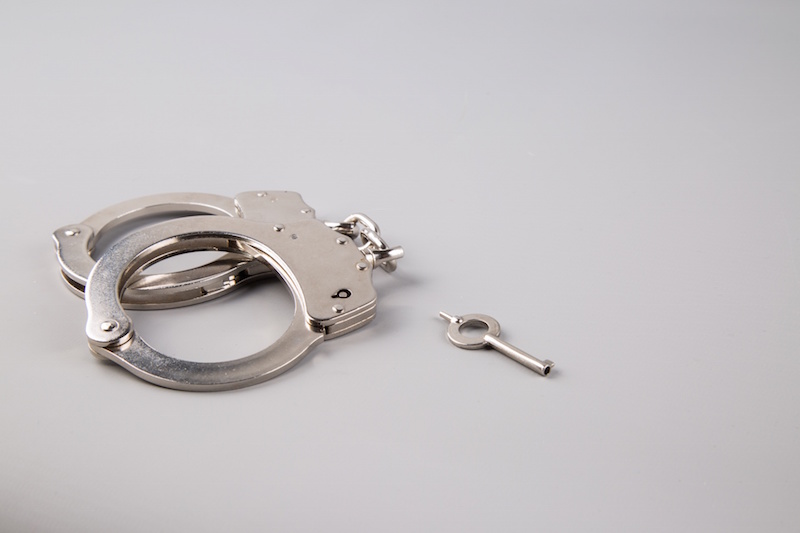Just before Thanksgiving last week, authorities in Palm Beach County, Florida made arrests of two more sober home managers. Accused of participating in a scheme of patient brokering, the arrests are just a few in a string of alleged patient brokering schemes that have become almost commonplace across the state. They’re the latest arrests in a string of arrests cracking down on what officials say is patient brokering, an illegal practice that involves health care providers offering bonuses, kickbacks or bribes in return for patient referrals.
Ehab Iskander, 33, and Howard James Fowler, 26 are also accused them of taking illegal kickbacks in exchange for referring patients to a specific substance abuse treatment center.
Fowler’s business, Limitless Consulting Solutions, reportedly received nearly $20,000 between May and August from James Kigar, CEO of Whole Life Recovery, a treatment center located in Boynton Beach. He was arrested on 14 counts of aiding, abetting or participating in patient brokering.
Iskander, an employee who works for Integrity House, a sober home in Lake Worth, was arrested on six counts of patient brokering. James Kigar also allegedly paid him for brokering services. According to the police affidavit, documents found during an October raid on Whole Life Recovery showed he received more than $2,000 between April and June.
James Kigar was previously charged alongside operations consultant Christopher Hutson with multiple counts of patient brokering. Earlier in November, police arrested Delray Beach sober-home owners John Dudek, Bryan Norquist and Patrick Norquist on similar charges.
The state of Florida has allocated money to crack down on fraudulent and illegal treatment practices. Patient brokering has become so common that Palm Beach County created and funded a multi-agency Sober Homes Task Force, designed to target and cut down on illegal business practices in the recovery industry.
Aside from perpetrating fraud, these types of business arrangements also can have severe consequences on the addicts they are purporting to help.
Patient referrals usually come from owners and managers at sober living homes, also known as halfway houses, where addicts seeking recovery go to wait for treatment options and stay clean. The homes serve as unregulated community housing for people recovering from alcohol or drug addiction, and often don’t have staff trained in addiction.
Some patients in these homes go completely unmonitored, leaving addicts to their own devices. Just last October, a sober home named Open Arms had two addicts overdose in the facility, just hours apart. An investigation revealed the unstaffed home was filthy, with mattresses stripped of sheets and some smeared with blood. The owner had a history of credit card fraud and other criminal enterprises. He is accused of paying off addicts who stayed there. Meanwhile, they continued to get high as their insurance agencies were billed for services never rendered.
There is no tally of how many private residences are converted to “sober houses” and receive money from private insurers or Medicaid. Palm Beach is just one county in Florida that’s trying to clean up the industry. Some addicts won’t get another chance after their first chance is hampered by fake recovery houses and fraud.
Image Credit: PublicDomainPictures.net



Leave A Comment
You must be logged in to post a comment.